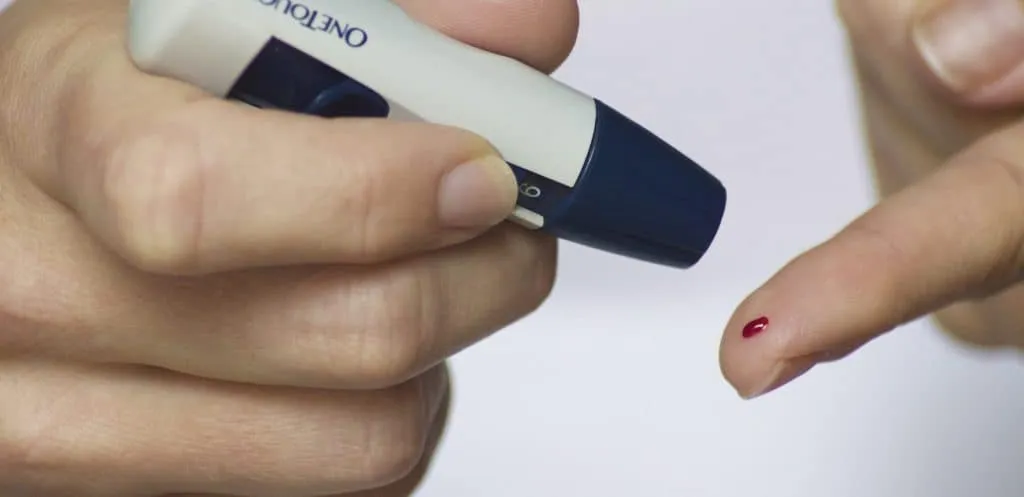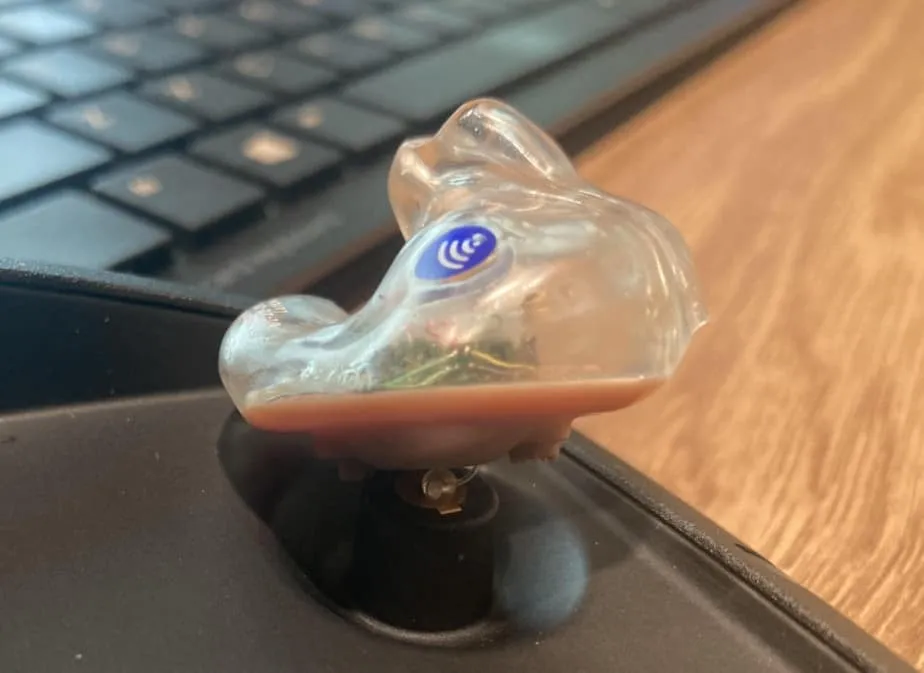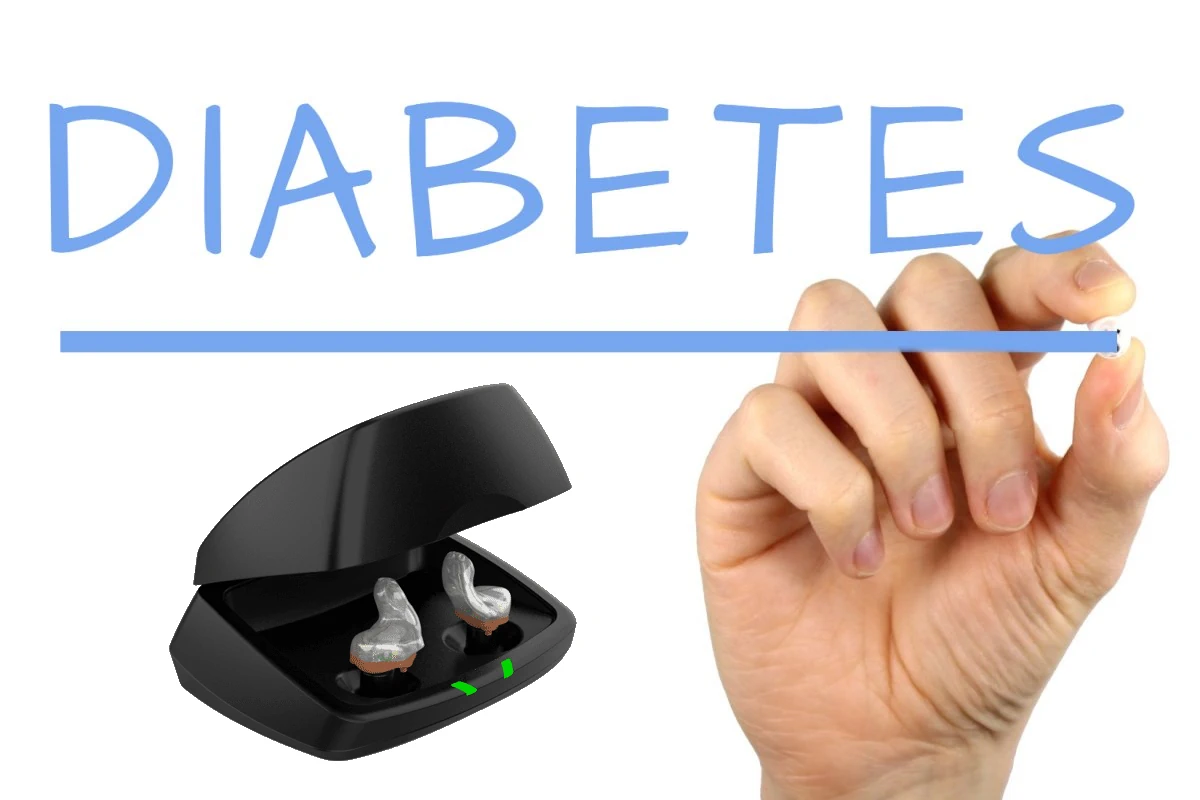According to the National Institutes of Health (NIH), hearing loss is twice as common in diabetics compared to individuals without diabetes. Concurrently, diabetics may also experience tinnitus, commonly referred to as “ringing” in the ears. Notably, these two conditions frequently co-occur, though they can also manifest independently.
“Diabetes, an omnipresent metabolic disorder, plays a crucial role in the onset of hearing loss and tinnitus.”
Exploring the Connection: Diabetes and Auditory Disorders
The link between diabetes and auditory problems stems from the effect of prolonged, uncontrolled high blood glucose levels, which potentially damage small blood vessels throughout the body, including those in the ears. This vascular damage within the inner ear can, consequently, result in hearing loss and tinnitus.

However, the exact mechanism linking diabetes to hearing problems remains unclear, necessitating further research. Damaged small blood vessels can impair blood flow to the inner ear, thereby causing hearing loss. Additionally, diabetes-associated neuropathy and nerve damage may harm the auditory nerves, causing hearing problems.
Diabetic individuals with complications such as cardiovascular disease or kidney disease face an elevated risk of hearing problems. Even though several theories elucidate how diabetes affects the auditory system, more research is necessary for a thorough understanding.
Notwithstanding the risks, a proactive approach towards health, including hearing health, can help manage these conditions effectively, even if you are diabetic.
Understanding the Link: Diabetes and Hearing Loss
Diabetes and hearing loss share a strong correlation, with both conditions significantly affecting Americans. Moreover, both diabetes and hearing loss are readily screenable.
According to the NIH, adults with pre-diabetes have a 30% higher risk of hearing loss than those with normal blood glucose levels. Diabetes can cause hearing loss by damaging the blood vessels and nerves of the inner ear. Autopsy studies on diabetics provide evidence of such damage.
To prevent the escalation of these conditions, it’s recommended to get annual health check-ups and hearing examinations for individuals with diabetes. Controlling blood sugar levels is crucial in managing diabetes and, in turn, avoiding hearing loss.
The Symptom – Tinnitus
Tinnitus, although commonly associated with hearing loss, is not a disease but a symptom. Its causes range from side effects of certain medications to traumatic brain injury. However, most individuals with tinnitus also have some degree of hearing loss, thereby associating diabetes with tinnitus.
The Relationship between Diabetes and Tinnitus
Tinnitus can be instigated by numerous factors, including hearing loss and metabolic disorders like diabetes, the most common metabolic disorder associated with tinnitus according to the International Tinnitus Journal.
The reasons behind the onset of tinnitus in diabetics are similar to those causing hearing loss. Essentially, long-term insulin resistance and high blood sugars can damage small blood vessels and nerves throughout the body, including the auditory nerve.
Managing Diabetes and Hearing Loss
Regular management of blood sugar levels through diet and exercise can help in preventing diabetes-associated hearing loss and tinnitus. Consulting with primary care physicians and nutritionists to plan a balanced diet is also recommended. Regular audiology check-ups are equally crucial.
Just as eye and kidney diseases are closely monitored in diabetics, hearing loss should also be checked. Regular evaluations can prevent irreversible damage to the inner ear from diabetes.
If diagnosed with hearing loss, the audiologist will recommend the best course of treatment, which will likely be hearing aids.
Optimal Hearing Aids for Diabetics

The Starkey Rechargeable Custom Hearing Aid is an excellent option for diabetics, especially those with peripheral neuropathy and limited dexterity. This device offers a rechargeable battery, a user-friendly design, and advanced noise-reduction technology. See also our guide on hearing aids use for nursing home residents.
Hearing Loss and Diabetes FAQ
What are the signs of hearing loss?
Signs of hearing loss include: Turning the television up louder, speaking in a very loud voice, frequently asking others to repeat themselves, increased difficulties hearing on the phone, thinking others are mumbling, having difficulties following a conversation in a crowded room. If you suspect hearing loss, consult with an audiologist for a comprehensive hearing evaluation.
How is hearing loss caused by diabetes treated?
Diabetes-induced hearing loss, known as sensorineural hearing loss, is permanent. The treatment for sensorineural hearing loss often involves hearing aids.
Can proper diabetes management prevent hearing loss?
While there’s no guarantee, proper diabetes management may reduce the risk of hearing loss. Regularly monitoring and controlling blood sugar levels can help prevent potential damage to the small blood vessels in the ear, reducing the risk of diabetes-related hearing loss.
What type of hearing aids are suitable for diabetics?
Individuals with diabetes, especially those with peripheral neuropathy or limited dexterity, might find rechargeable hearing aids such as the Starkey Rechargeable Custom Hearing Aid beneficial due to their user-friendly design and advanced noise reduction technology.
Can wearing hearing aids affect my diabetes management?
Wearing hearing aids does not directly affect diabetes management. However, if hearing loss is hindering your ability to communicate effectively with your healthcare provider or understand instructions related to your diabetes care, using hearing aids could indirectly support better diabetes management.

